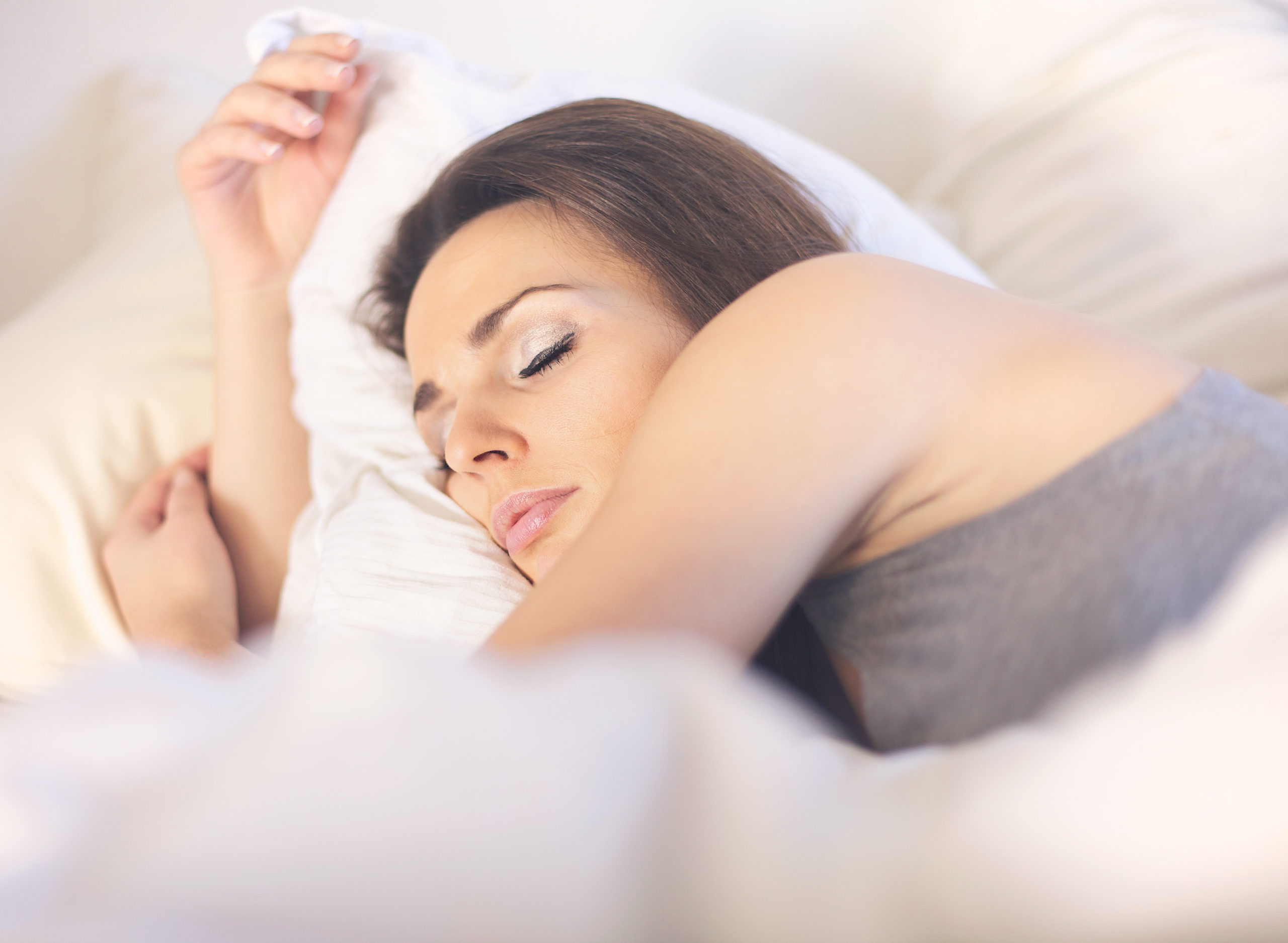
In Naturopathic Medicine, prevention is one of the founding principles that we follow. One of the ways we can ensure the prevention of illness is by ensuring that our immune system is healthy. Having a strong immune system means that we are able to defend against illnesses so that we either do not get sick or have a very short illness period. To build a strong immune system we must look at its foundational building blocks. These include…
-
-
- A good night’s sleep
- Stress management
- A healthy diet
- Exercise and time outdoors
- Appropriate supplementation
-
With the start of school and the current pandemic, these foundations are now more important than ever. For the next couple of weeks, we will be sharing tips about how to best implement the foundational building blocks and some of the best ways to support your immune system.
This week we will be discussing sleep and the impact it has on immune health.
Sleep and the Immune System
When we get sick, we often also get tired. This is the body’s natural way of telling you that it needs sleep to help you get better. Sleep plays a major role in regulating the immune system. When we sleep our bodies produce and release proteins called cytokines. Cytokines are used to help the body effectively fend off any infection or illness coming our way. Sleep is also key in establishing immunological memory. It allows the body to store information about a current infection or illness so that the next time it is exposed to it, the immune system can quickly and effectively fend it off.
Sleep deprivation can leave a person susceptible to many different illnesses. While many supplements can be prescribed to help with sleep, we must first address how lifestyle plays a part in sleep. One of the best ways to get a good night’s sleep is by establishing a regular routine. This means getting up at the same time every day, creating a relaxing bedtime routine and going to bed at the same time every night. You can read more about the different sleep hygiene tips we have here and here.
If you struggle with sleep and are looking for support, book an appointment so that we can help support you and prevent illnesses.

